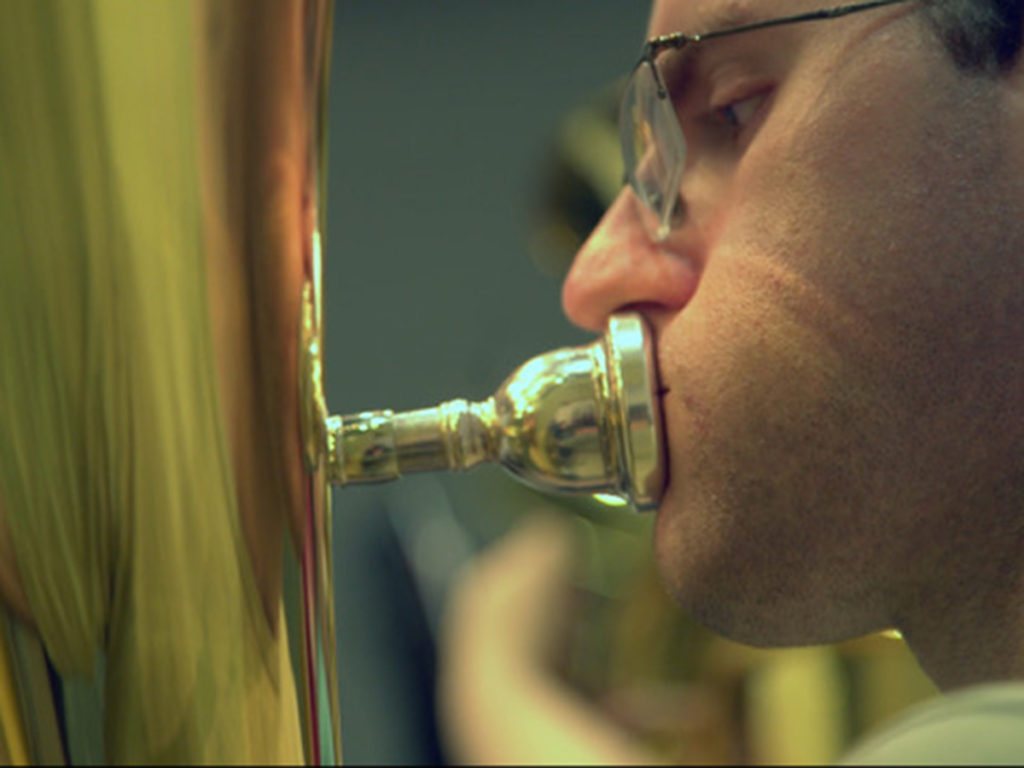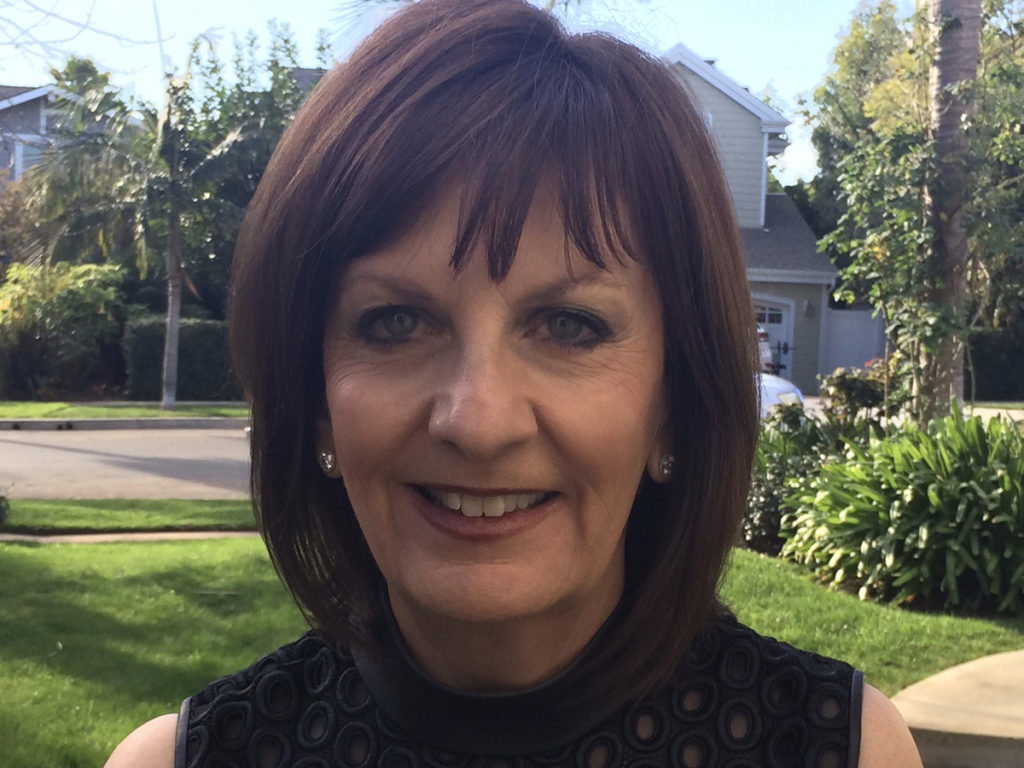Common Language and Connection: CSD Alumna Launches Second Career as Filmmaker

By Erin Clossey
Robin Miller Ungar ’74 has always had stories to tell.
The longtime speech pathologist and documentary film buff would often wish she had a camera handy to record the progress of her clients.
“You’d have these patients with head injury or stroke or a brain tumor and I’d think, this would make such an interesting documentary, or … too bad we didn’t film that process because it’s so amazing to see their recovery,” Ungar said.
Five years ago, on a trip to Cuba, Ungar saw an electrifying vocal group perform and thought “this is too good not to share with the world.” Today, she’s turning her 17-minute debut documentary short, Soy Cubana, into a feature-length film, and her second short, As We Are, is being screened online July 25-August 1 as part of the virtual Woods Hole Film Festival.
Not only does Ungar have two films in the can, she also now has two satisfying careers.
“Emotionally, this was kind of one of those amazing magical experiences throughout,” Ungar said. “I kept thinking how am I so lucky to be able to do this? All these years, I’d get ideas for documentaries. To be doing that and still be seeing my clients … I love my [speech pathology] work and I don’t want to stop that.”
Soy Cubana, released in 2016, follows the Vocal Vidas, an all-woman a capella quartet based in Santiago de Cuba, on the southeast coast of the island. The short highlights the relationship between the women, as well as their community’s relationship with their music. The feature-length doc will include the quartet’s trip to Southern California, where Ungar lives, as they perform in nightclubs around LA, meet jazz legends, and captivate a whole new fanbase.
When she returned from her first trip to Cuba, she could hardly wait to show her husband and son – who are both in the film industry – the video of the Vocal Vidas she shot on her phone. They encouraged her to turn it into a film, and Ungar convinced her son, Jeremy, to direct alongside Ivaylo Getov.
In two years, the film was screened at roughly 60 film festivals. It was nominated for a Jury Award at the Santa Barbara Film Festival, and won the Audience Award at the Red Rock Film Festival in Utah.
“Nobody could believe what happened to that little film,” Ungar said.
It was while that “little film” was screening at festivals around the country that Ungar met the director of her next documentary short.
As We Are centers around a young man on the autism spectrum as he prepares to perform in a benefit concert in Annapolis, Maryland, alongside others with autism and local professional musicians. Ungar went to junior high school with the young man’s mother, who organized the benefit concert, and a mutual friend suggested Ungar might want to document the journey.
The idea struck her as a revelation.
“I actually thought wait a second, this is what I’ve always wanted to do a film about. People with communication challenges,” Ungar recalled.
She remembered meeting a Baltimore-based filmmaker, Michael Faulkner, on the festival circuit, and reached out to see if he’d be interested in directing the film. The end result (tagline: “When words fail, try music.”) can be viewed as part of the Woods Hole Film Festival through August 1.
Both films deal with themes of communication and bridging differences through music, Ungar said.
Particularly in the feature-length version of Soy Cubana, Ungar said — in which the Vocal Vidas take LA by storm, despite knowing limited English and their audiences not always understanding Spanish — you leave with the feeling that “music is the common language.”
And with As We Are, audiences watch neurotypical musicians and musicians on the autism spectrum play and rehearse together despite not communicating in exactly the same ways.
“Again, it transcended words,” Ungar said. “You didn’t need words because music was that language that pulled people together.”

Ungar’s interest in communication through music may have its roots in her days at Emerson. Among the many Communication Sciences and Disorders faculty Ungar recalled as “wonderful” (Suzanne Swope, [former president] Jackie Liebergott, David Luterman), she studied under Professor Robert Sparks, who was conducting melodic intonation therapy (MIT) research at a Veterans Administration hospital in Boston.
“He allowed us to participate and observe his sessions there,” Ungar recalled. “Throughout my practice, often it was MIT that helped unlock the doors for patients with apraxia. They couldn’t speak, but they could sing. And of course, we see this with dementias as well.”
While Emerson and her long career in speech pathology may have primed Ungar to tell fascinating stories of human connection through song, she was completely uninitiated in the process of making, distributing, and marketing a film. Although her husband and son work in the industry, the last five years for Ungar have been about acquiring one brand-new, hard-won skill after another.
“What I’ve learned is that initially, the anxiety would come over me as I’d get on the airplane to go to these festivals. I was in such a zone of discomfort, but being in that zone of discomfort, it was just pushing me into such a new arena,” Ungar said. “You reach a point where even though you love your work, you feel stale. To segue into a new zone I knew nothing about was exhilarating and rewarding.”
As We Are can be screened any time through Saturday, August 1, by purchasing an online pass to the Woods Hole Film Festival. Ungar’s film is being screened in a program of eight shorts.
Categories